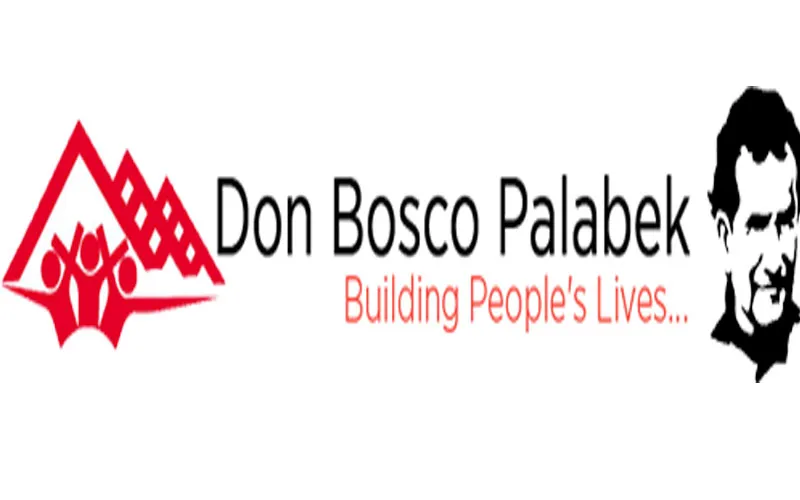In his January 28 reflection shared with ACI Africa, Fr. Arasu also highlights the work of Br. Carlo Carretto, a mystic and social activist “in our own time” whose writing promoted the care of the environment.
In his fictionalized biography, I, Francis, Br. Carlo has St. Francis responding, “It is a terrible sin you have committed all around you, and I do not know whether or not you can still be saved. You have violated the forests, defiled the seas, plundered everything like a bunch of bandits. And now that you have destroyed nearly everything, you have appointed me patron saint of ecology. You have to admit, it is a little late.”
According to the Salesian Missionary Cleric, overconsumption of material things is depleting the earth’s resources, which ought to be preserved for the future generation.
“Throw away culture is against charity and brotherly love; it is egoistic and conceited and inconsiderate towards the less fortunate and our future generations,” he says.
To avoid misusing earth’s resources at the expense of those who have nothing, the member of Salesians of Don Bosco (SDB) advises people to acquire only what they need for survival.
(Story continues below)
“We can make a change through living a frugal and simple life, using things that are locally available, acquiring things that are strictly needed for daily living, becoming aware of our own environment mistakes and ‘sins’ and educating others to care for the earth,” he says.
The Director of a refugee camp that has, for over three years, hosted refugees from various parts of Uganda and neighboring South Susan lauds Religious and Consecrated people for being a great gift to the Church and the world.
“Through the practice of evangelical counsels of poverty, chastity and obedience, they (Religious and Consecrated persons) bear witness to living the gospel in an authentic way. They are a shining light in a world that is engrossed in materialism, consumerism and pleasure-seeking life all akin to idolatry and atheism,” the Cleric says in his reflection dubbed Religious Life and Ecological Concerns.
He adds, “Religious men and women through their life of service dedicate their life to uplifting the poor and needy especially in the much-needed areas of education, health care and in other socio-economic and justice areas.”
Fr. Arasu says that Religious and Consecrated people are in touch with the people at the grassroots.
Often, he says, they are the thoughtful opinion leaders in grassroots communities as educators and social workers and are able to combine their study in philosophy and other secular studies with the Christian thought and spirituality.
Many Religious and Consecrated men and women, the Cleric says, have had the privilege of studying subjects such as Eco-Philosophy and Eco-Theology and they in turn are educating the masses in best practices that would preserve nature and protect the earth.
The Salesian Cleric is optimistic that many Religious Congregations and Societies of Apostolic Life will come up with a keener interest in the environment.
He further says, “I often used to think that it is high time a Religious Society springs up in the Church with the exclusive charism to protect the environment and care for the earth. It is surely being a prophet in our time.”







